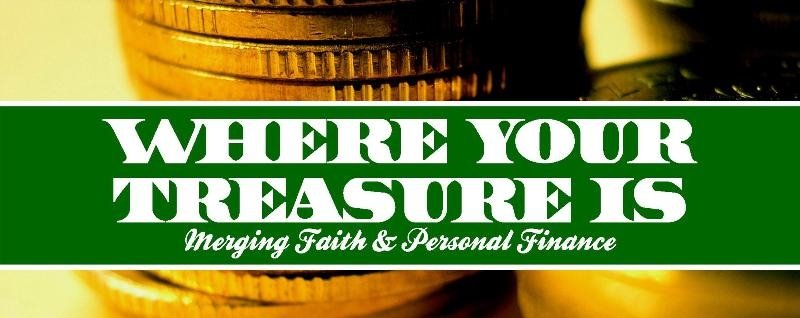Part of having an emergency fund is knowing what is, and what is not, an emergency. For those who are following Dave Ramsey's "Baby Steps," you know that step #1 is to put $1000 (or $500 if you are single and living alone) in the bank as a "beginner emergency fund."
After you are debt free, the third step is to "finish" the emergency fund; fully funding it to have 3- to 6-months worth of household expenses.
The reason a solid financial plan includes an emergency fund is because there are rainy days. While we don't like to think about it, we will have an emergency at some point. Having the money available is such a help.
I am now faced with the family dilemma of whether we are really in an "emergency" or not. We have our $1000 fund (it's actually nearly $1100), and we are now working the debt snowball. While we have quite a way to go (almost $20000), we are really making good progress.
And then...
The engine blows on our second car.
Here is what makes this a dilemma: we already have one car, and it is really good. While we think we need two vehicles, we might be able to make it on one for awhile. And, we really don't want to go deeper into debt just to have a second car! Add to that the fact that $1000 would not buy much of a car, and we don't want to completely deplete our emergency fund for this purpose.
Such are the times that make our heads spin!
What would you suggest?
Monday, October 29, 2007
Subscribe to:
Post Comments (Atom)


1 comment:
We lived our first two years of marriage with only one car and bought a second one back in May.
It is much "handier" with the second car, and our primary vehicle is much more reliable. However, we still probably don't need two cars, and we've briefly thrown around the idea of selling our secondary vehicle to help pay down debts, etc. I don't think we'll do it, because it's completely paid off and our stress level is much lower with two cars.
As far as what to do in your specific situation, I'm not sure what we would do. If my secondary vehicle "broke" in a significant manner, we would be in virtually the same situation (we have a little over 900 in our EF).
I would probably lean toward buying a $3000 more-reliable car (Honda/Acura, Toyota/Lexus, Nissan/Infiniti) for as few months as possible. Chances are, when it's paid off, it'll still be worth about what you financed it for. Then you still have something of value on your hands.
Of course, that's me. Many financially savvy people probably wouldn't pay that much, while the majority of Americans would have already financed a 2008 model a week ago. I don't put much stock into brand names when it comes to food, etc., but I really think it's a worthwhile consideration with cars.
Anyway...this is long enough to classify as a post in itself ;)...
Post a Comment